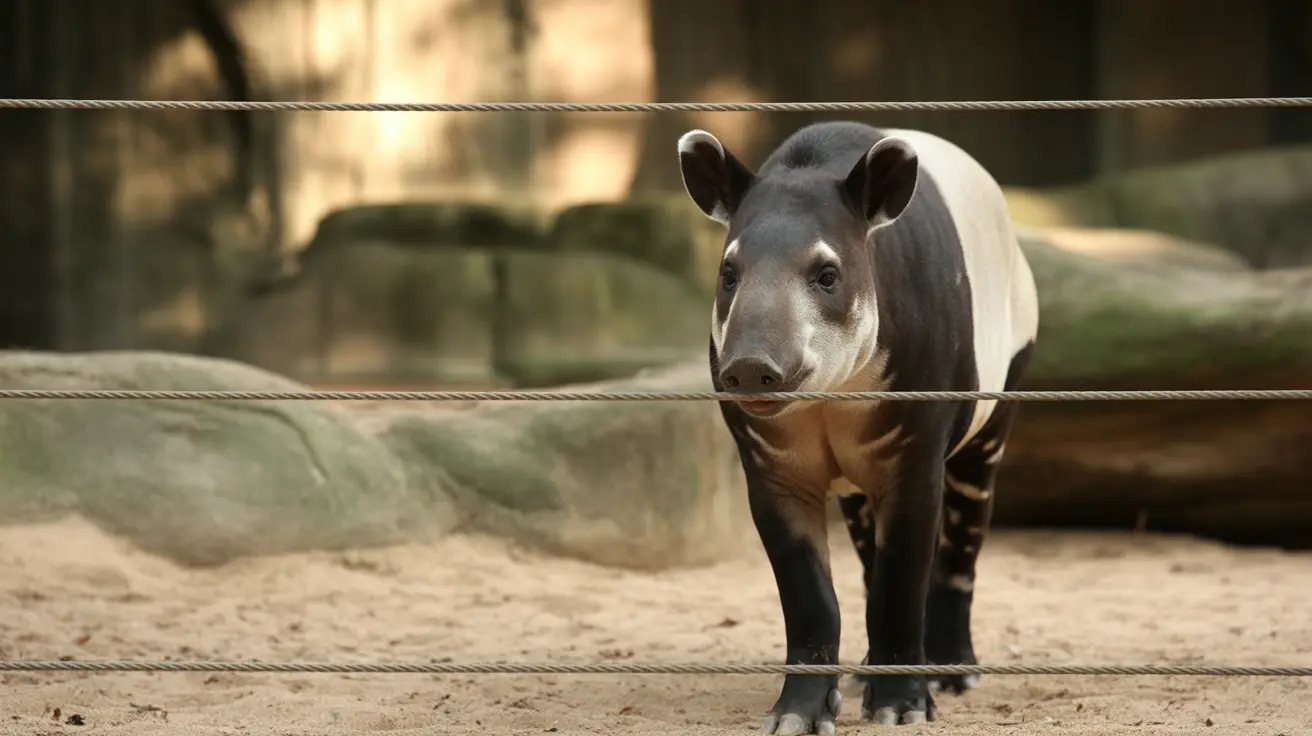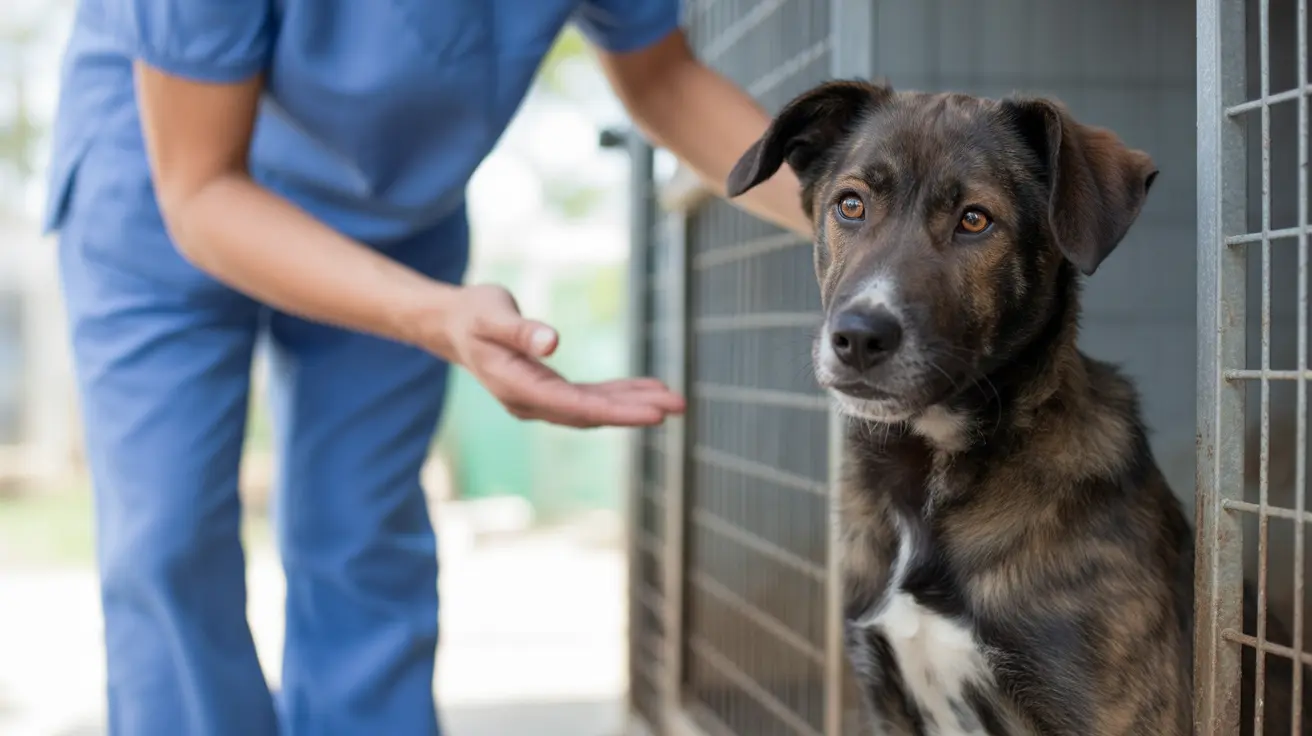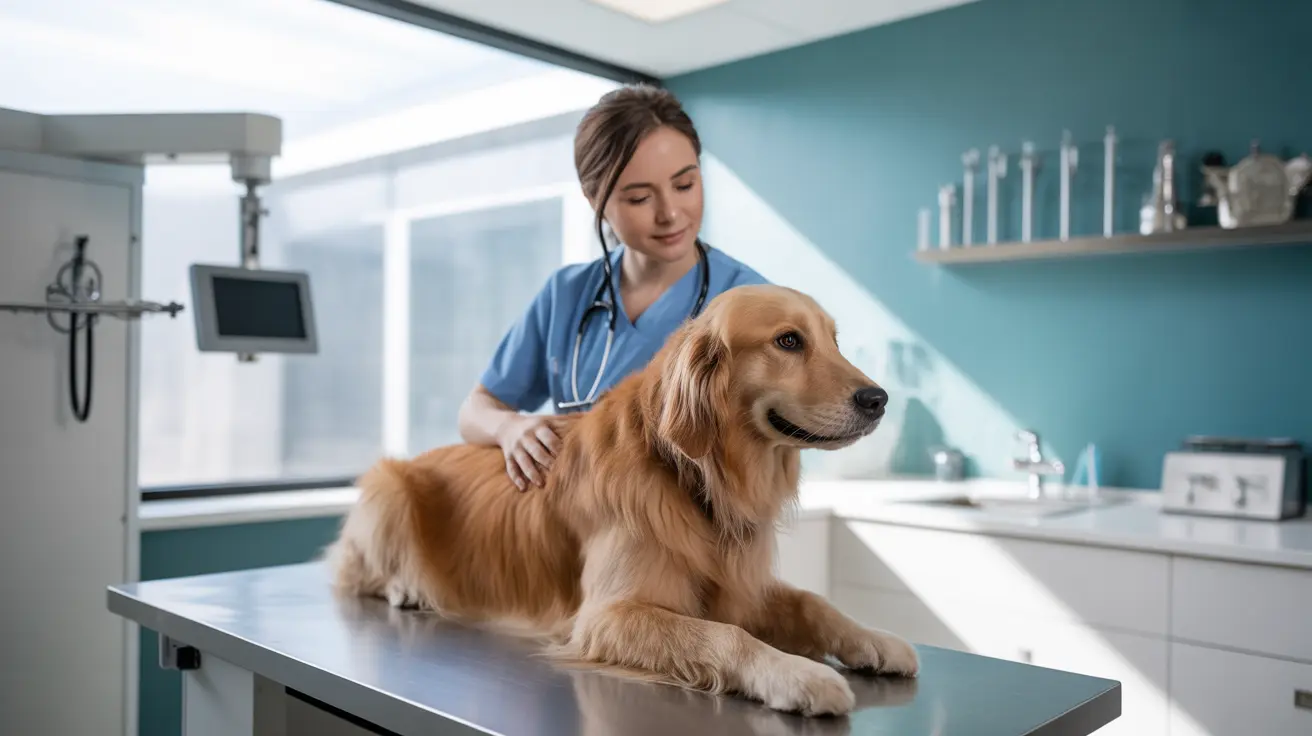When your feline friend starts sneezing, it's natural to wonder whether it's just a simple reaction or a sign of something more serious. Cat sneezing, while often harmless, can sometimes indicate underlying health issues that require attention. Understanding the various causes and knowing when to seek veterinary care is crucial for maintaining your cat's well-being.
As a pet owner, recognizing the difference between occasional sneezing and problematic patterns can help you make informed decisions about your cat's health. This comprehensive guide will explore everything from common triggers to treatment options, ensuring you're well-equipped to handle any respiratory concerns your cat may experience.
Common Causes of Feline Respiratory Issues
Viral and Bacterial Infections
Feline viral infections, particularly the feline herpesvirus (FHV), are among the leading causes of upper respiratory symptoms in cats. These infections often manifest as sneezing, cat nasal discharge, watery eyes, and general signs of discomfort. Although there is currently no cure for these viral infections, supportive care and modern medications help manage the symptoms and minimize outbreaks.
Bacterial infections often follow viral infections or occur when the immune system is compromised. They can cause more severe symptoms, including yellow or green nasal discharge, loss of appetite, and lethargy. Unlike viral infections, bacterial conditions typically respond well to antibiotics, but it’s essential that these be prescribed by a qualified veterinarian after proper diagnosis.
Dental and Environmental Factors
Dental disease may not be the first thing that comes to mind when considering respiratory issues in cats, but infections in your cat's teeth or gums can spread into the nasal passages. This crossover can result in chronic sneezing and nasal discharge. Regular dental check-ups and cleanings are vital to prevent these complications from developing.
Environmental irritants also play a significant role in feline sneezing. Common triggers include dust, pollen, mold, smoke, and even strong household cleaning products. Some cats are also sensitive to scented candles or air fresheners. Keeping your cat’s living space clean and free from potential allergens helps reduce the frequency and severity of sneezing episodes. Investing in air purifiers or using unscented cleaning products can further support your cat's respiratory health.
Recognizing Warning Signs
When to Seek Professional Help
It can be challenging to determine when a sneezing cat requires a trip to the vet. Pay close attention to the following signs, which may indicate your cat needs professional evaluation:
- Persistent sneezing lasting more than a few days
- Thick or colored nasal discharge
- Decreased appetite or noticeable drop in energy levels
- Any sign of blood when your cat sneezes
- Difficulty breathing or increased respiratory effort
If your cat shows any of these symptoms, prompt veterinary intervention can help prevent complications and ensure appropriate treatment.
Diagnostic Approach
When diagnosing the cause of persistent sneezing in cats, veterinarians employ a range of procedures to pinpoint the source of the problem. The process often begins with a detailed health history and a thorough physical exam, followed by diagnostic tests tailored to the cat's specific symptoms. These may include:
- Blood tests: Used to assess for systemic infections or inflammation.
- Nasal swabs: Collected for laboratory culture and analysis, which help identify bacterial or viral agents.
- Imaging studies: X-rays or advanced imaging like CT scans can reveal sinus infections or structural abnormalities.
- Specialized procedures: In cases of suspected nasal tumors or chronic issues, procedures such as rhinoscopy or biopsy may be recommended to investigate growths or polyps.
These diagnostic steps enable veterinarians to develop a targeted treatment plan, improving the chances of a successful recovery.
Treatment Options and Management
Medical Interventions
The treatment for cat sneezing depends heavily on the underlying cause. Common medical interventions include:
- Antiviral medications: Help manage outbreaks of feline herpesvirus or calicivirus.
- Antibiotics: Essential for treating secondary bacterial infections.
- Anti-inflammatory drugs: Control chronic sneezing due to allergies or other inflammatory conditions.
- Targeted allergy treatments: When allergies are identified, your vet may recommend antihistamines or other specific therapies.
Always consult your veterinarian for a tailored treatment plan, as improper medication can do more harm than good.
Supportive Care
In addition to medical treatments, supportive care plays a crucial role in helping your cat recover from upper respiratory issues. Effective strategies include:
- Maintaining proper humidity levels using a humidifier to ease breathing.
- Ensuring your cat stays well-hydrated, as moisture helps thin mucus and supports immune function.
- Implementing gentle home remedies, such as wiping away discharge with a damp cloth or providing a warm, comfortable resting place.
- Consistent vaccination to reduce the risk of recurring infections and protect against common viruses.
Monitor your cat’s recovery closely, and maintain regular follow-up visits with your veterinarian as needed.
Frequently Asked Questions
- What are the common causes of cat sneezing? Most cases of cat sneezing are due to viral and bacterial infections, dental disease, allergies, or the presence of nasal tumors.
- When should I take my cat to the vet for sneezing? Visit your vet if sneezing is persistent, accompanied by colored nasal discharge, blood, breathing difficulty, or other unusual symptoms.
- Can a cat cold be dangerous? While most cat colds are mild and self-limiting, complications such as pneumonia or secondary infections can make them more serious and require veterinary attention.
- Are cat sneezes contagious to other cats? Yes, some respiratory infections—especially viral and bacterial—can spread among cats, particularly in multi-cat households.
- What diagnostic tests might a vet perform? Blood tests, nasal swabs, imaging studies, and endoscopy are commonly used to determine the underlying cause.
- How is cat sneezing treated? Depending on the diagnosis, treatment can include antibiotics, antiviral medications, dental procedures, or allergy management strategies.
- Can environmental factors cause sneezing in cats? Absolutely—dust, smoke, fragrances, and other irritants can all provoke sneezing episodes in sensitive cats.
- Is chronic sneezing in cats always serious? Not always, but if your cat’s sneezing is frequent or prolonged, it’s important to have a veterinary assessment to rule out underlying health concerns.
- Are there home remedies for mild cat sneezing? Keeping your home clean, using a humidifier, and avoiding known irritants may help with mild, short-term sneezing.
- Can dental disease cause sneezing in cats? Yes, advanced dental disease can result in infections that extend into the nasal passages, leading to sneezing and nasal discharge.
Understanding and responding appropriately to cat sneezing is essential for maintaining optimal feline well-being. While occasional sneezing might not be a cause for concern, being vigilant about changes in frequency or severity can help ensure your cat receives timely care when needed. Early intervention often leads to better outcomes, so don't hesitate to consult your veterinarian whenever you are unsure about your cat's respiratory health.






